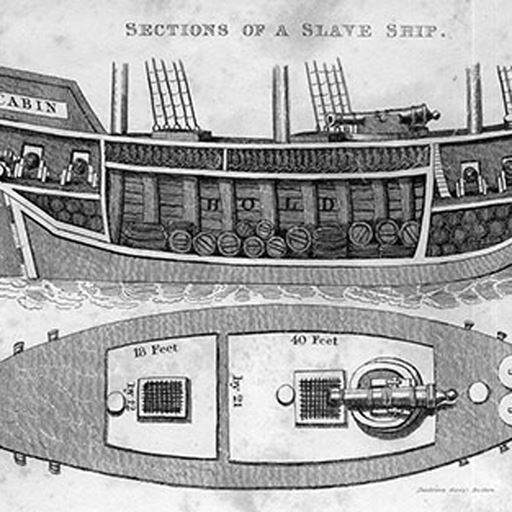Impact: Uncovering the forgotten voices of the slave trade
Dr Sean Kelley is uncovering testimonies of West Africans born or sold into slavery.
-
Tagged under
Global perspectives and challenges
-
Lead Academic
Dr Sean Kelley

Imagine being uprooted from your family, shipped thousands of miles across the Atlantic Ocean in lethally cramped boats and forced into slavery.
That was the reality for millions of West Africans from the seventeenth to nineteenth century.
You may think these victims had no voice, that their experience and memories were lost as they were stripped of their identities and made to work in often brutal conditions.
Essex-based historian Dr Sean Kelley has been working with Professor Paul Lovejoy from York University in Canada since 2013 to uncover and bring together hundreds of testimonies of West Africans born into slavery or kidnapped to sell into bondage.
Thanks to their work, from summer 2017 you are able to discover hundreds of real-life, first hand accounts of what it was really like to be a slave, made accessible through the massive database developed by the SHADD Biographies Project.
The project will give people the chance to read original material alongside first-hand narratives and collected accounts.
The reality of the slave trade
Dr Kelley uses meticulous research to understand the reality of the slave trade. In 2016 he released The Voyage of the Slave Ship Hare: A Journey into Captivity from Sierra Leone to South Carolina - one of the most detailed books on the journey of an eighteenth century transatlantic slave ship.
He said: “All too often the story of the transatlantic slave trade is reduced to graphs and statistics. Our material speaks to the basic humanity of the men, women, and children who experienced this ordeal.”
Professor Lovejoy said: "We did this to prove that this history is recoverable and still relevant. We need to know what happened in the past so we can go on and have a much better future. If we ignore racism, then we’re doomed to continue to live in a racist society that will continue to find ways to reinvent racism.”
The project was funded by the Social Sciences & Humanities Council of Canada (SSHRC) and named after Canadian abolitionist Mary Ann Shadd.
Voices of West Africans to be heard at last
The voices of West Africans are unlocked through verbatim accounts - some translated from French, Portuguese and African languages. This also includes Arabic documents written by African Muslim slaves in diaspora living in Brazil, Jamaica and elsewhere.
Some were pieced together from historical records. Some information was gained from court records and emancipation papers.
Dr Kelley said: “Many people, even professional historians, assume that sources reflecting the African perspective on the slave trade are either non-existent or extremely scarce. What we’ve shown is that with a bit of persistence and creativity it is indeed possible to explore these ‘unrecoverable’ African perspectives.”



